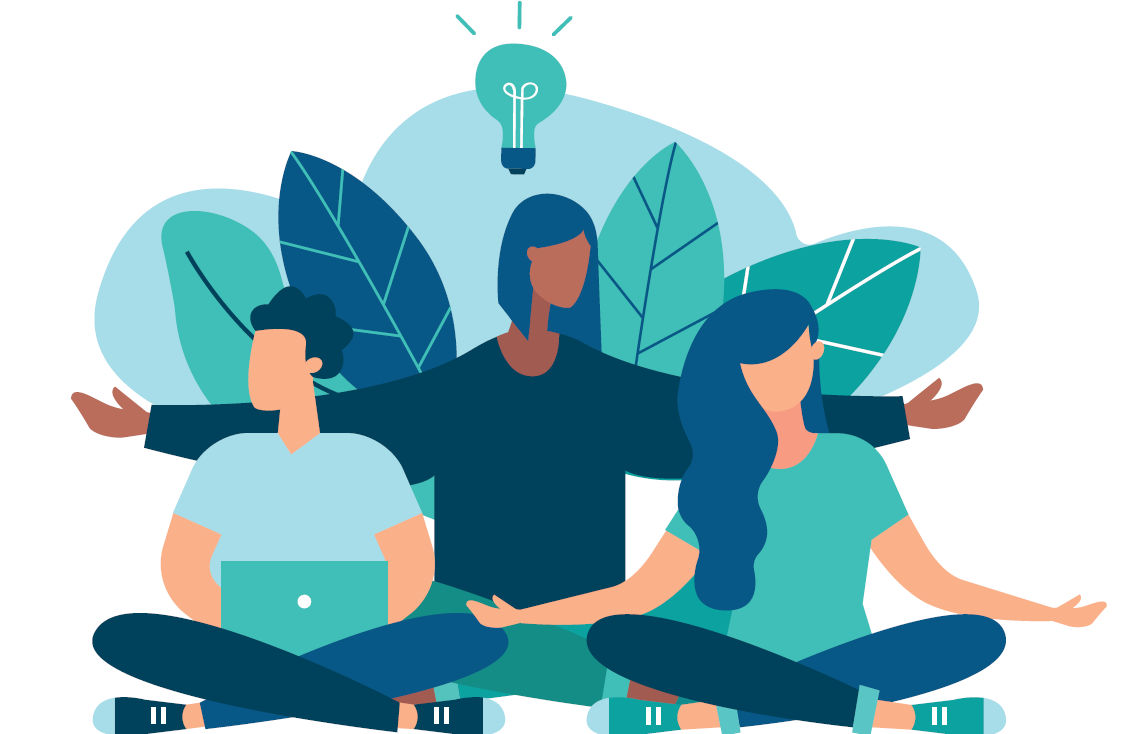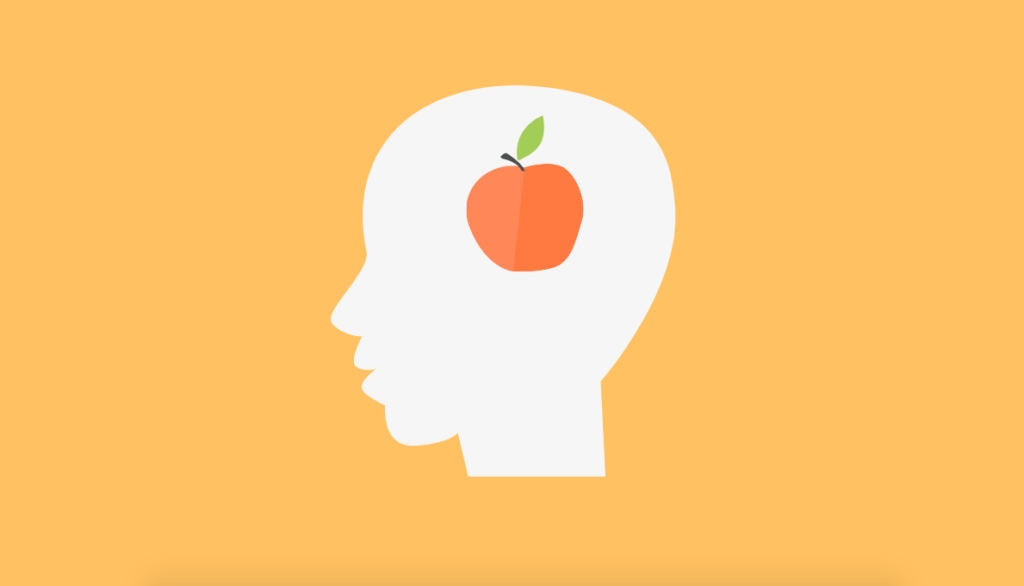Are you tired recently, and you want to relax yourself and clear your mind? Make one with nature and your spirit by practicing Grounding meditation. What are the benefits of Grounding meditation and its difference with other types of meditation?
What is Grounding Meditation?
Putting the meaning of grounding into words is quite hard because there is not an exact word that can describe the experience of it. For the sake of understanding what grounding is, we will define it. Grounding is more of a spiritual term that refers to connecting your soul and body to the environment, or the Earth. It helps you make a connection with the surroundings which makes you feel safer and it lessens the anxiety and fear that someone experience on a daily basis.
Two Types of Grounding Meditation:
- Concentration Meditation
Concentration meditation includes focusing your attention on a single object or point. In this type of meditation, one needs to refocus its attention on a single object when the mind seems to be wandering. Instead of stopping your thoughts, concentration meditation allows you to let go of these disturbances. It is improving the cognitive processes by helping you to focus your attention properly and higher perception of details.
- Mindfulness Meditation
Mindfulness meditation encourage the person whose mind is wandering to observe these thoughts and reflect on it. The goal of this type of meditation is to be more aware of one’s thoughts and feelings. It allows a person to accept who he or she truly are and know it better. Mindfulness meditation increases a person’s self-awareness, body awareness, regulates the emotion and attention and decreases stress and anxiety. Aside from that, this also helps you have a good sleep at night and take care of your overall health.
Benefits of Grounding Meditation

There have been numerous studies regarding grounding meditation, also called as earthing, which showed how connecting with the environment has a way of healing a person on its own. Here are some proven benefits of grounding meditation from recent studies:
- Decreases inflammation and pain
One study showed improvement on a 44-year old woman who reportedly have a chronic back pain. Upon monitoring through thermography, the red areas (hot areas) of pain and inflammation were lessened after practicing grounding. After 4 weeks of continuously meditating, she reported that almost more than half of her pain is gone, no more sleep interference, and the stiffness and soreness in the morning is almost gone. By 8 weeks, she reported that the pain she was experience before was completely gone.
- Lowers stress level
Cortisol is a steroid hormone naturally produces by the body that helps regulate the wide range of processes in the body which includes the immune response and metabolism. Grounding helps normalize the level of cortisol in the body. It lessens premenstrual symptoms and hot flushed and makes one sleep faster. The participants also reported that they feel more refreshed and energetic after. They also noticed that they are less emotional and stressed.
- Improves blood circulation
Grounding was also proven to improves the oxygen delivery capacity of the blood and brings the nutrients to the tissues in the body. Grounding helps regulate the blood supply of the body more efficiently on the abdomen, on vital organs and on the face resulting to better digestion and better functioning of the organs.
References:
https://www.the-guided-meditation-site.com/what-is-grounding.html
https://alignedandwell.com/grounding-meditation/
https://chopra.com/articles/grounding-the-human-body-the-healing-benefits-of-earthing



